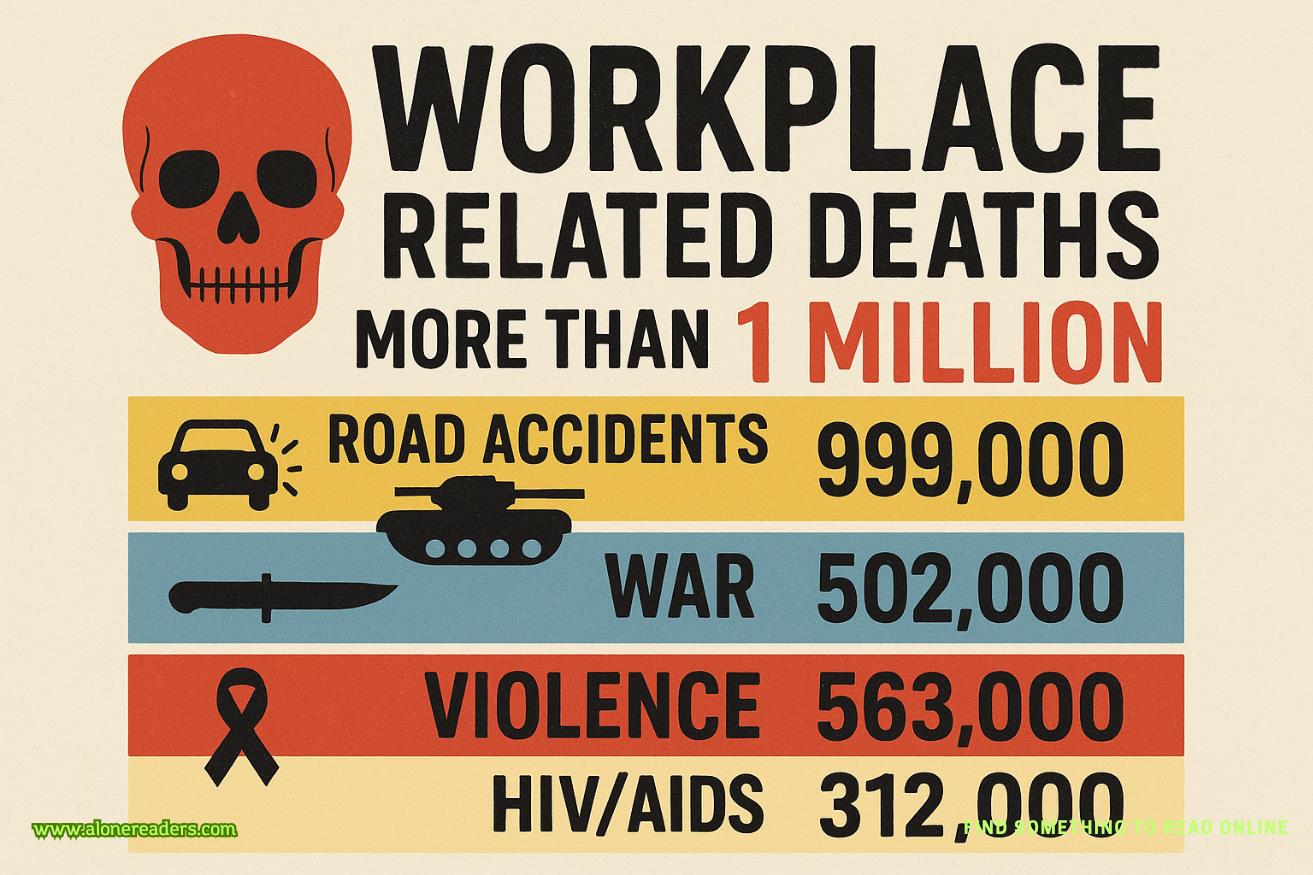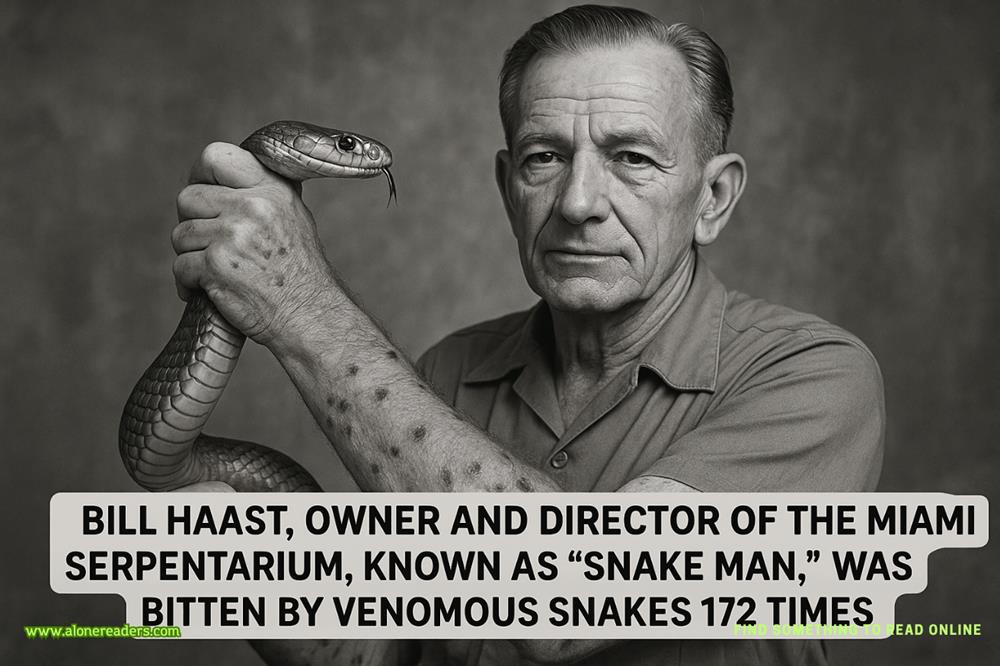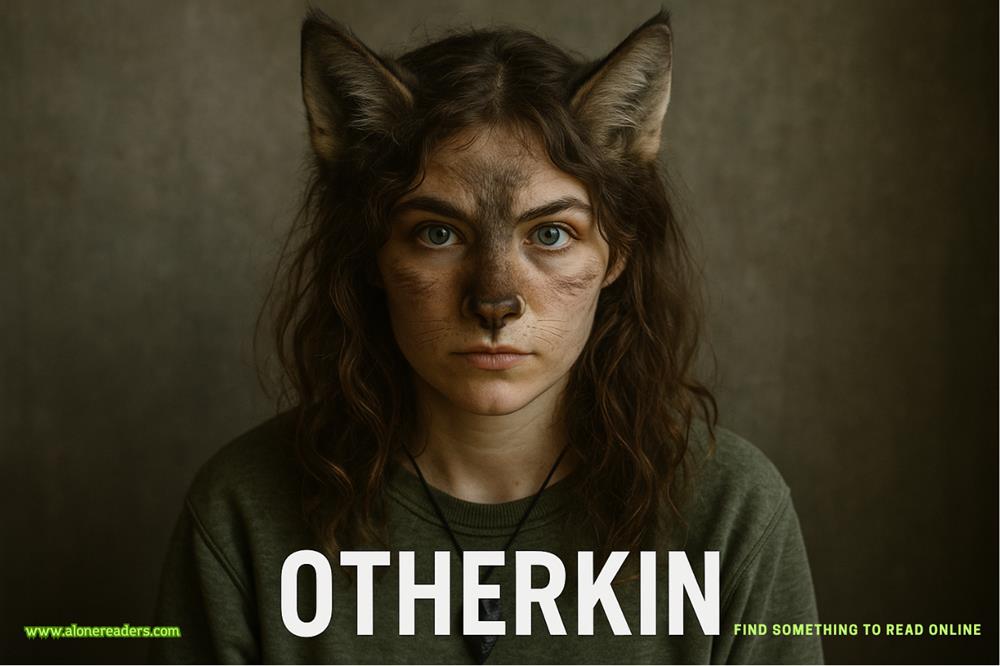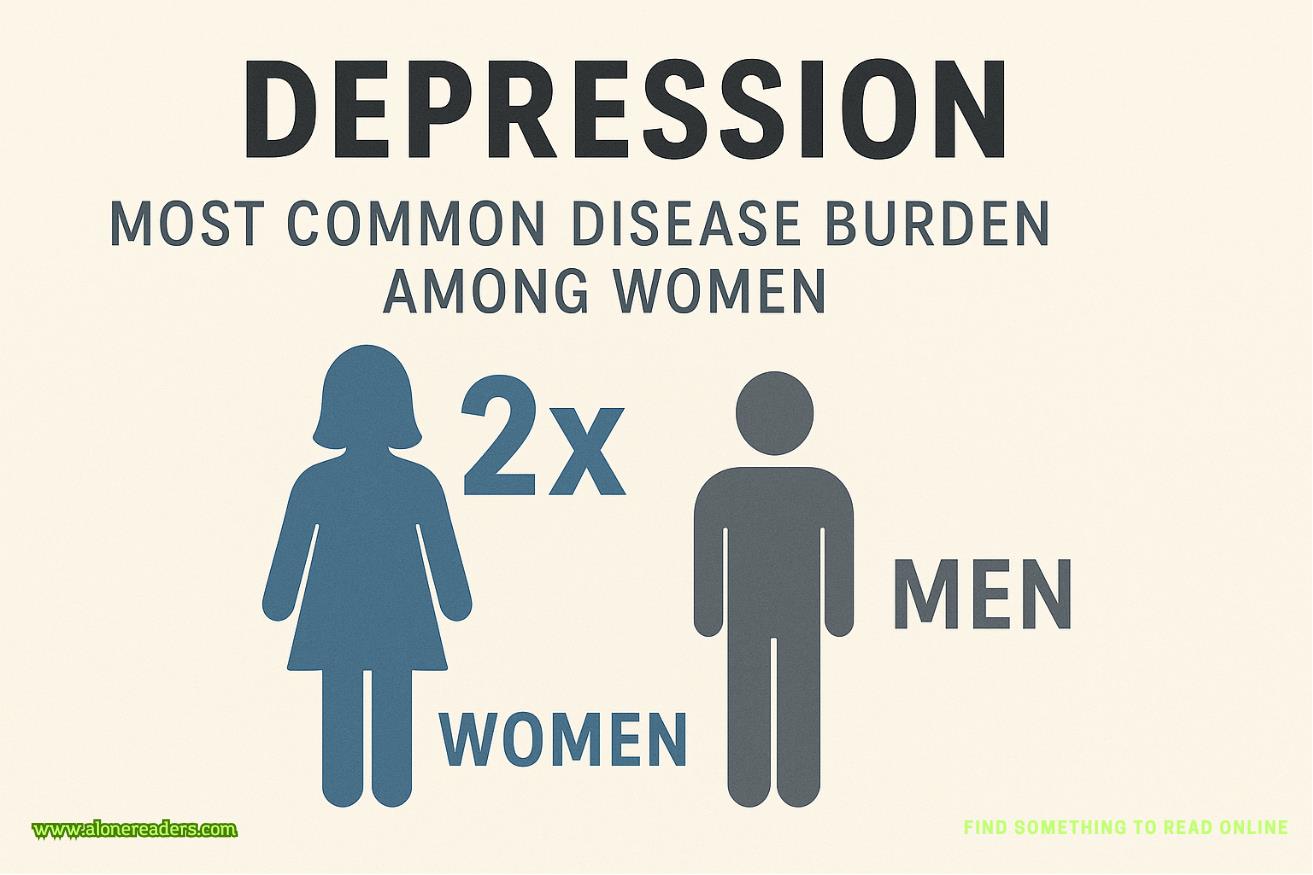Page 5 of You Spin Me
After taking a moment to recite the phone number along with her, I let loose with a little pirouette. Then I pick up the phone to call right back.
Mellow-voiced Larry answers instead of the up-talking Courtney. He lets me know the other scenes I need to prepare, gives me a time for a Saturday-morning callback and tells me to dress frumpier. Translation: the director wants me to cover up the knockers.
I make a few calls to try to track down a copy of the play. Will has one, of course, so after a quick shower, I head over to his house, where I spend an hour hanging out with him. He didn’t get called back, but since he’s one of the few people who know about my dyslexia, he very kindly gives me a rundown of the play’s plot and reads through the scenes with me. Then other friends show up—Randall and Mike and Deb and Pam—all of whom will be working onHamletthis spring.Without me. Normally, I’d stay and gossip but it’s been a long day and I’m not ready to hear all about the play I won’t be in.
Back home, even though I’m wiped out, I make myself cleanse and moisturize my face. When yawning makes it impossible to continue counting the new lines on my face, I give up and fall into bed so I can wake up tomorrow in time to talk to the principal before Friday’s long day of classes.
Not that beauty sleep will do me any good. Now that the crinkles next to my eyes have become permanent fixtures, it’s all downhill from here.
The Boston trafficgods smile on me the next morning, and I’m able to make it to school with enough time to speak to the principal before classes begin, as requested. After nodding to the school administrator, I stick my head inside the scary office. “You wanted to see me, Dr. Robertson?”
“Yes. Have a seat, Jessica.” The tall, intimidating woman gestures at the tiny chair across from her equally imposing desk. Dance-teacher me would like to suggest that letting energy extend past her wrist and through her fingertips would bring more grace to the movement, but that is not the kind of comment you make to your boss.
“I know you have class shortly, so I’ll make this brief.” She clears her throat. “As I mentioned this fall, we are facing both financial and”—she pauses, the smile that never sits comfortably on her face shifting into something more grim?—“otherpressures to restrict our arts programming while increasing our physical education offerings. The good news is that your Jazzercise course has proven so popular that parents are demanding that we add more aerobics to the schedule. Unfortunately, that means that we will be eliminating ballet.”
“But what about the students who want to take it? I have some very promising?—”
She raises a hand. “I’m afraid that this is not a negotiation, Jessica. For serious students, our families can well afford to take their girls to a private studio.Afterschool. And please don’t take this personally. We are making these adjustments across the board.”
The clock is literally ticking on the wall above the principal’s head. I have class in a few minutes. Ballet I, in fact. Kindergarteners and first graders, a group of excitable girls and boys. The discipline of ballet is perfect for them. None of them will likely dance professionally, but their teachers tell me that participating in my class first thing in the morning helps the students focus.
Before I can open my mouth to make this argument, Robertson’s smile turns into an actual grimace. “I regret to tell you that we’ve found someone who is a certified aerobics and primary school phys ed educator, so we won’t be renewing your contract next semester.”
Even though the thought of teaching aerobics day in and day out turns my stomach, I’m still shocked that she’s just letting me go. I’ve been here for four years. Kids love my classes.
For once, I have no words, so I simply nod, stand and turn on my heel to exit before I burst into tears. An invisible hand between my shoulder blades propels me down the hall away from the administrative offices and toward the elective classrooms.
After I open the door to the dance studio, I pause on the threshold before entering. Taking in the shrouded piano in the corner, I realize that I should’ve known this day would come when they stopped paying for a pianist for my classes. This beautiful studio will never again be filled with graceful port de bras accompanied by resonant trills teased from ivory keys. Instead, sneaker-clad feet will thud to the beat of a boombox.
I won’t be here to witness it, but it’s still a loss.
For the kids.
And for my checkbook.
Chapter2
At the sound of the roaring tiger, the time will be nine o’clock. ROARRR. YEE-OUCH! Get that thing outta here! Phew, that smarts. Don’t worry, Boston, we won’t let the cat out of the bag. Not as long as you keep listening to Grace Traynor on WBAR, 101.7 FM.
CAL
Hoodie in place, head down, stride as even and long as I can make it—despite the nagging stiffness in my left hip—I take my usual route to WBAR’s Boylston Street studios: down a back alley, avoiding human traffic.
Only a few people have a key to the rock station’s back door—the janitor, the general manager, and me. The other DJs enter through the front door, but going in the back way allows me to avoid the station hangers-on that congregate in the lobby.
Once I’m in the music library, I can relax. Not that I take my hoodie off. Instead, I pull the strings tight so it snugs close to my chin. The soft fabric is comforting. You wouldn’t think being reminded of the bandages that covered the left side of my face and neck for so long would be a good thing, but the hood, like the bandages, hides the ugly. People might stare, but they don’t know what I’m hiding. They can only imagine.
And I doubt any of them could invent a mental picture as gnarly as my reality.
Anyway, enough of that.
Time to make the donuts.
After setting the crate on the beat-up table, I unhook Blondie’s leash. A retired police dog, she’s so well-trained that no one minds having her here, even though she’s almost as scary-looking as me.
At the table, I create my set list. My crate holds EPs and singles that the station doesn’t own yet. There’s an upside to spending most of my time alone: It gives me time to write letters. At this point, I have pen pals at stations all over the world. We keep each other informed about local bands that haven’t yet made it big. Since I don’t have an over-the-top on-air personality and nobody wants my face on any posters, breaking unknowns is what keeps my listeners tuning in.
There’s an art to introducing new music. You can’t only play stuff nobody’s ever heard of or just local bands like Human Sexual Response or The Atlantics. Even in my late-night slot, I have to mix in songs people can sing along to. Knowing where and when to slip in a new track—in a way that sets it off without jarring the ears—takes experience. Maybe even talent.















